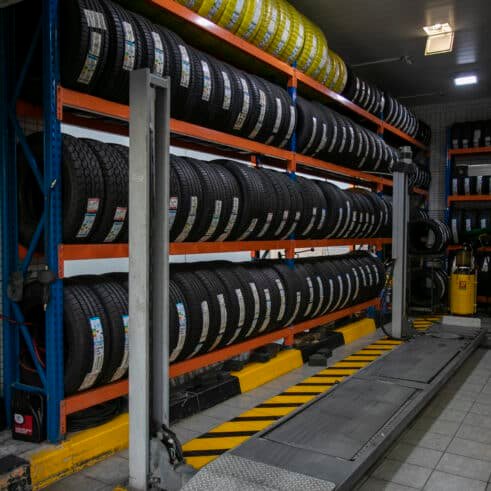How to Choose the Ideal Tires for Summer and Winter
Introduction
Picking the right tires for your car isn’t just about finding a size that fits—it’s about choosing the right tires for the season. Summer and winter conditions demand different things from your tires, so getting the right ones can make all the difference in how your car handles and keeps you safe on the road.
Summer Tires
Summer tires are built to handle the heat. They’re made from a special rubber compound that stays firm in warm temperatures, giving you better grip on dry roads. These tires have a simpler tread pattern designed to maximize contact with the road, which helps with cornering and braking when the weather is nice and dry.
But when the temperature drops, summer tires can harden, losing their grip and making them less effective. This is why they’re best used in temperatures above 7°C (45°F). If you drive on summer tires in winter conditions, you might find your car slipping or struggling to stop quickly.
Winter Tires
Winter tires, on the other hand, are designed to deal with cold, snow, and ice. They’re made from a softer rubber compound that stays flexible even in freezing temperatures, allowing the tire to grip the road better. The tread pattern on winter tires is more aggressive, with deeper grooves and sipes (small cuts in the tire) that help channel snow, slush, and water away from the tire, reducing the risk of hydroplaning.
Winter tires also have biting edges that help you get better traction on snow and ice. However, using winter tires in summer isn’t a good idea—they can wear out faster, feel squishy on warm pavement, and won’t give you the performance you need when it’s hot.
All-Season Tires
If you live in a place with mild winters, you might consider all-season tires. They’re designed to perform decently in both summer and winter conditions, but they’re a compromise. All-season tires don’t offer the same level of grip as dedicated summer tires in hot weather or winter tires in snow and ice. They’re a good option if you don’t want to switch tires between seasons, but if you experience extreme temperatures, it’s better to go with seasonal tires.
Choosing the Right Tires for You
When choosing tires, consider the climate where you live and your driving habits. If you face harsh winters, it’s worth investing in a set of winter tires. If your winters are mild and your summers are hot, you might be able to get away with all-season tires, but for optimal performance, having both summer and winter tires is ideal.
Also, don’t forget to check your tire pressure regularly and keep an eye on the tread depth. Proper maintenance will help your tires last longer and keep you safer on the road.
Conclusion
Choosing the right tires for summer and winter is all about understanding your needs and the conditions you’ll be driving in. Whether you opt for summer, winter, or all-season tires, make sure you’re prepared for whatever the road throws at you. Safe driving starts with the right tires, so choose wisely!






